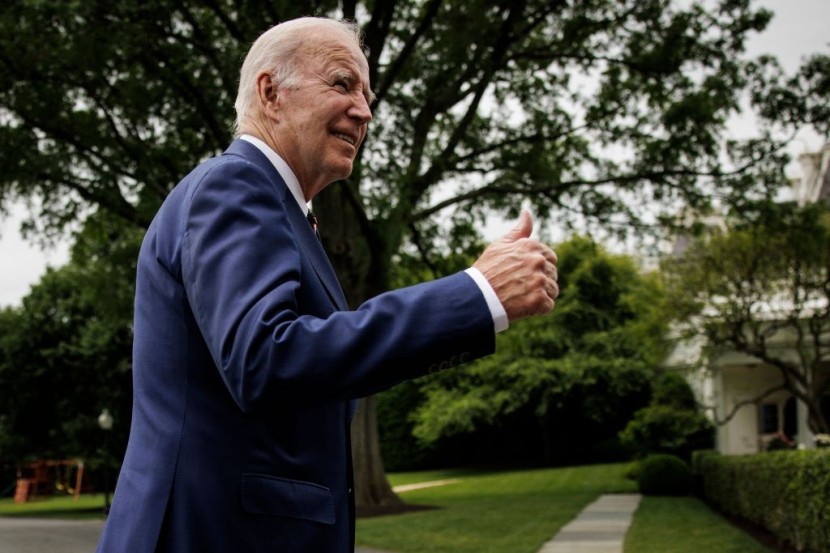
US President Joe Biden and House Speaker Kevin McCarthy have agreed to increase the debt ceiling after prolonged crisis negotiations that brought the country near its first default.
Although there are obstacles, the solution has the support of President Biden, a Democrat, and Speaker McCarthy, a Republican, providing optimism for ending the protracted budget impasse and preventing a US economic mishap, according to a report from The New York Times.
President Joe Biden has given a late-night message from the White House pleading with both chambers of the US Congress to approve the deal to avoid a disastrous default. The POTUS stressed that preventing a recession, a collapse of retirement funds, and massive job losses is the primary goal of the deal.
Speaker Kevin McCarthy called the US debt limit deal historic, citing expenditure cuts and measures to reduce poverty and boost economic development. He promised no additional taxes or government initiatives, per the BBC.
However, Speaker McCarthy might have to maneuver behind-the-scenes conversations to win support while efforts to finish the debt ceiling accord continue.
Read Also: Discover Unclaimed Funds
What's in the deal?
The US debt ceiling measure will be approved on Sunday, but staunch Republicans and Democrats may oppose it in the House. On Twitter, Texas Congressman Chip Roy expressed his plans to block it.
In the US Congress numbers, Democrats dominate the Senate (51-49), while Republicans have a narrow edge in the House (222-213).
The US debt ceiling accord includes a two-year budget plan restricting expenditure in 2025 and freezing spending in 2024 to satisfy Republican requests for lower spending. The debt ceiling will be increased for two years after the election. The package also streamlines environmental law evaluations for new energy projects and modifications to food-stamp employment requirements.
US Treasury Secretary Janet Yellen warned that the nation's financial obligations risk defaulting if the federal debt limit is not raised by June 5, according to The Guardian. She stressed that failure to raise the US debt limit before the deadline would shake financial markets and plunge the United States into a devastating recession.
Related Article : Low-Income Americans Suffer as Pandemic Medicaid Policy Expires








